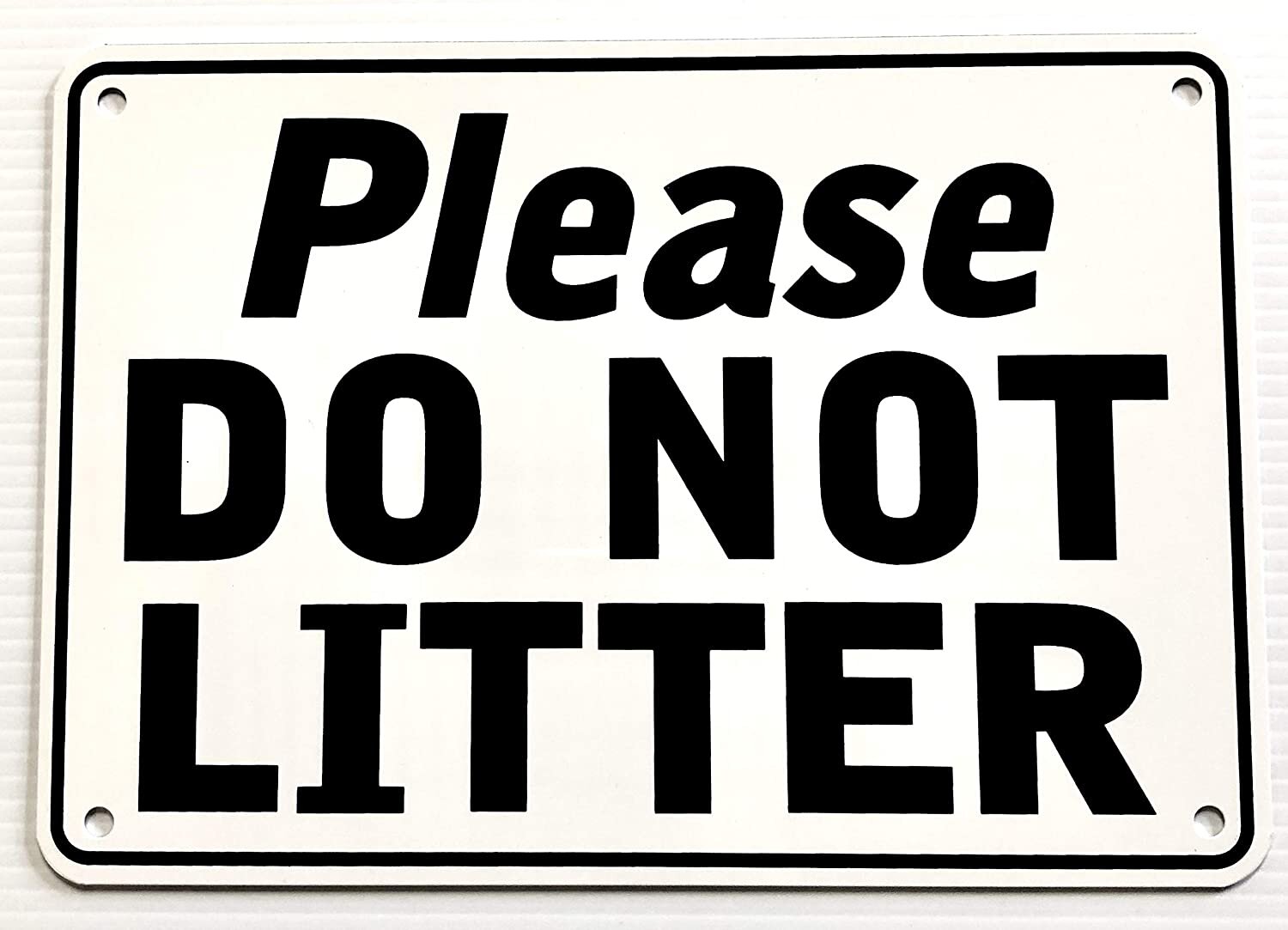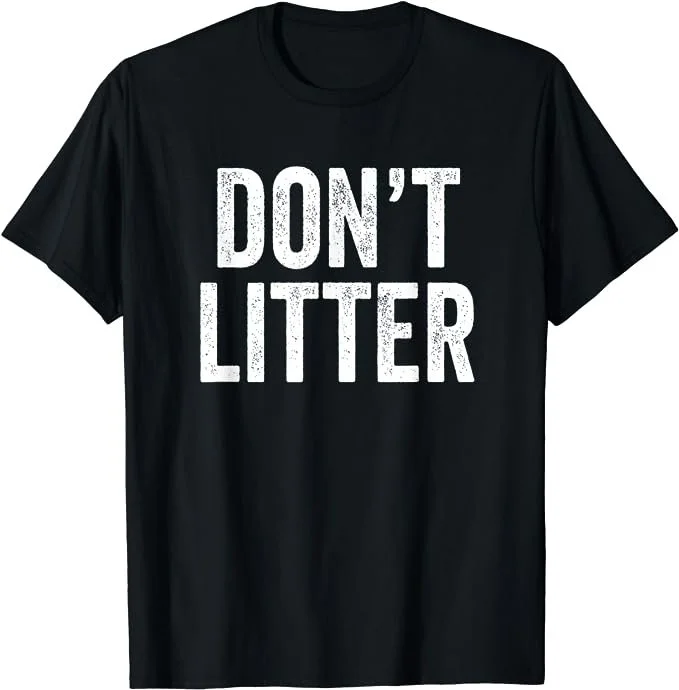4 parenting tips for stopping your little litterbug before it's too late.
Fear your kid doesn’t get it? Too often do you catch your little cherub leaving a trail of detritus in his wake, marching on merrily while you anxiously glance side-to-side to see if other parents are witnessing your hasty trash retrieval? Littering isn’t just about being lazy; it’s a behavior that demonstrates a propensity to carelessness, a lack of understanding of consequences, negating one’s civic duties, and a genuine self-centered view of the world. As adults, no one values the gal or guy who believes there will always be someone there to clean up after her or him. So, how do we ensure our little litterbug doesn’t become the office jerk?
Your first thought may be to collect the bits of trash your child leaves behind into a nice pile. Once you’ve gathered the trash, you might consider compassionately relocating it to their bedroom in an attempt to horrify your child with their behavior. Don’t do it. As disgusting as the result may be, it’s unlikely to make the fundamental changes you’d like to see. Neither will give your child a nickname like PigPen or LucyLitterBug. These only further reinforce your child’s filthy habit as a part of their identity. So what does work?
1. Make responsibility the easy thing.
Ensure every room has a handy trash can and recycling bin whenever possible. Don’t allow snacks outside of snack zones, and ensure that clean-up is a part of snack time. Reward your child for cleaning up after others with praise and points on their mobile chore chart Wishfinity’s universal wishlist.
2. Make consequences real.
We are not just talking reduced screen time or a time out—it is time to truly demonstrate the consequences of littering. And because this is so far removed from everyday life, viewing the floating island of plastic in the Pacific Ocean isn’t likely to do it. Instead, volunteer for your city-wide clean-up. If your city doesn't have one, check nearby big cities.
3. Make clean-up after others a family thing.
Adopt a roadway or park to clean up once a month as a family. Cleaning up is no longer only about you cleaning up after your child. It’s about your family coming together to clean up after countless others. By sharing the frustration and the accomplishment, you can help your child understand the burden and impact of carelessness in society.
4. Spend a little time talking trash with your kids.
Inspire them to do more with their trash by exploring all the places and spaces where trash becomes something more. Seattle has its famous Gum Alley, where people spend a day making trash art. See if your local recycling plant offers tours or explore businesses that take the trash and convert it into something useful.





